105 years ago, on November 27, 1919, a treaty was signed in the Parisian suburb of Neuilly-sur-Seine, officially ending Bulgaria's participation in World War I (1914-1918). Historians define the document as "another national catastrophe for the country", as it tore off a number of territories from Bulgaria - Strumica, the region of Bosilegrad, Tsaribrod, half of the region of Kula, deprived Bulgaria of an outlet to the Aegean through Western Thrace, confirmed the division of Macedonia between Serbia and Greece and took away Southern Dobrudzha, the breadbasket of Bulgaria. In an interview with Radio Bulgaria, historian Acad. Georgi Markov some time ago described it as a "dictate treaty", according to which 600,000 Bulgarians remained outside the borders of the homeland.
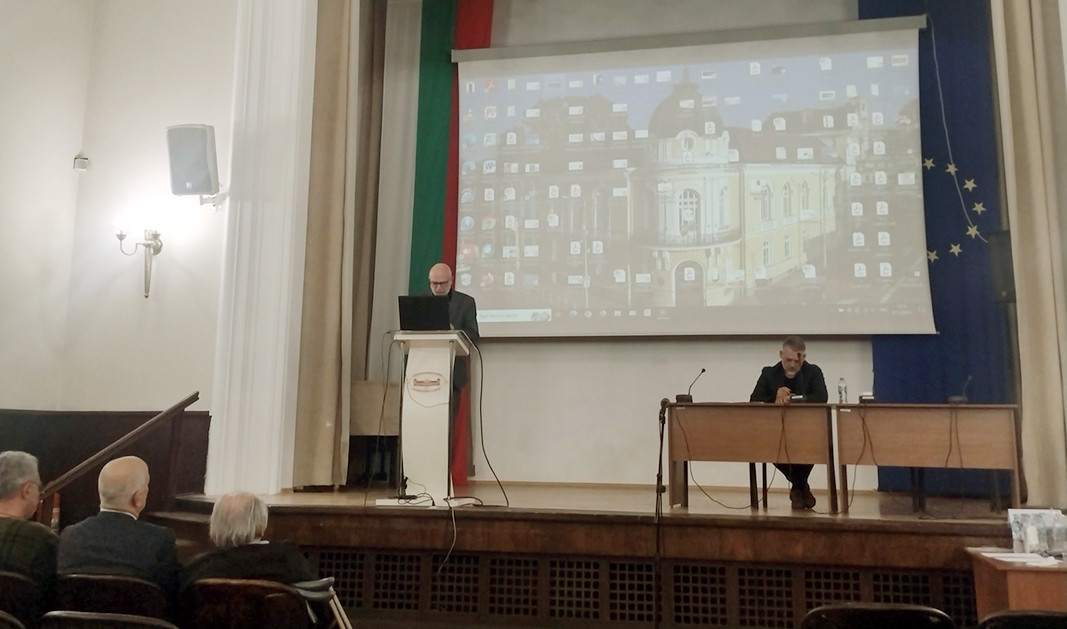
In connection with this landmark document for Bulgarian history and on the occasion of the Day of the Western Outlands - November 8, the Institute for Historical Studies at the Bulgarian Academy of Sciences has recently held a scientific conference in Sofia on the topic "The Western Bulgarian Outlands - History and Perspectives". The forum was also organized on the occasion of the 100th anniversary of the establishment of the Organization of Refugees from the Western Outlands, which emerged after the Treaty of Neuilly in 1919. Caretaker Minister of Foreign Affairs Ivan Kondov was present at the event. 25 reports were presented, covering the topic in historical, diplomatic, demographic, geographical, statistical and, above all, contemporary political terms.
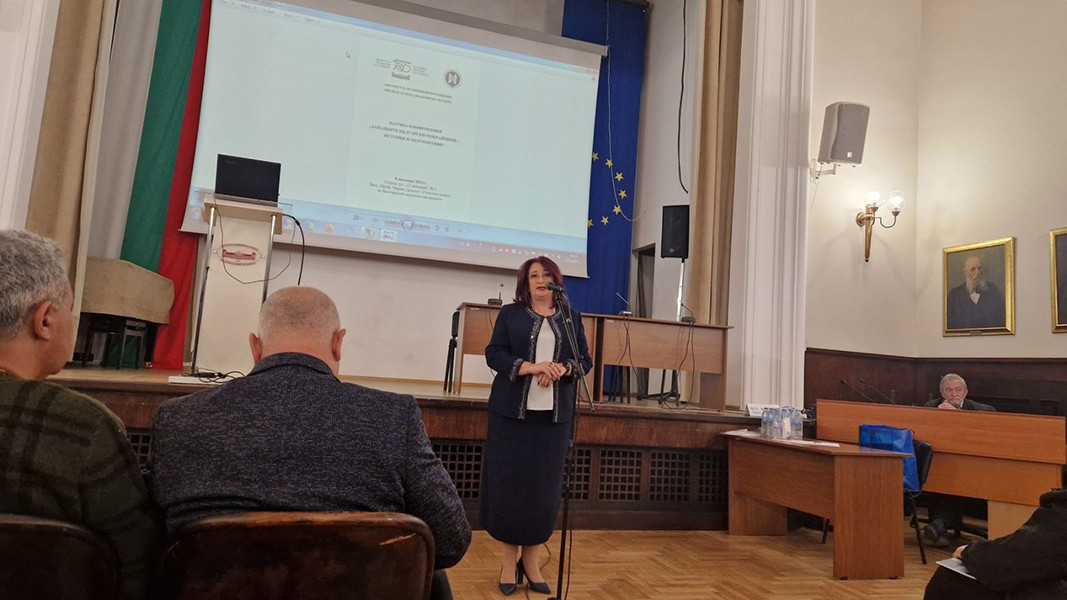
In the opening greeting to the forum, the executive director of the Executive Agency for Bulgarians Abroad, Rayna Mandzhukova, raised the question of the depopulation of the Western Outlands.
The chairman of the Bulgarian Cultural and Information Center in Bosilegrad, Ivan Nikolov, made a retrospective of the situation of the Bulgarians in the Western Outlands, or Eastern Serbia, as the region is called in Belgrade.
"The main problem of any policy of conquering is what to do with the population in the occupied territory. And while this problem in Macedonia was initially solved by Serbianization and then by Macedonization of the Bulgarian population and creation of a new Macedonian nation, opposed to Bulgaria, in the Western Outlands the methods of gradual Serbianization and depopulation of the regions with Bulgarian population were applied. By the beginning of World War II, about 1/3 of the Bulgarian population, under the pressure of this policy, left the occupied territories and emigrated to Bulgaria, Europe and the USA."
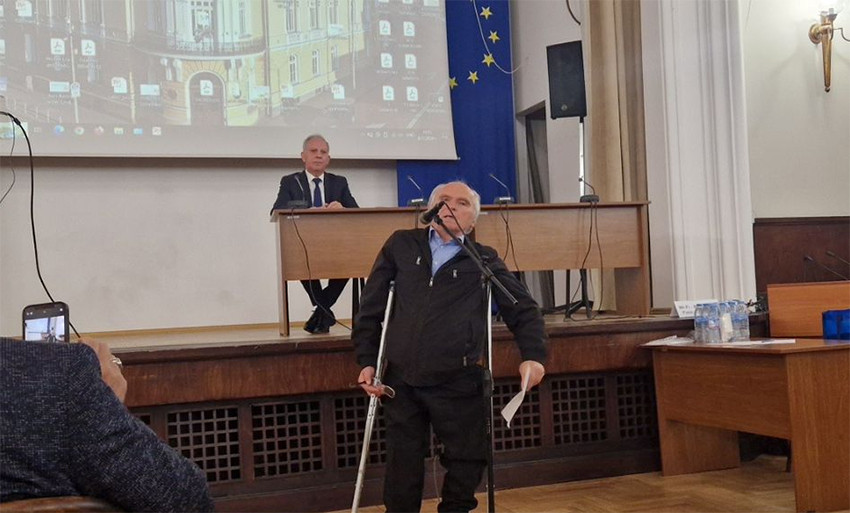
The chair of the Cultural and Information Center in Bosilegrad presented data according to which in the period 1948-1971 the number of Bulgarians in former Yugoslavia slightly decreased from 62,000 to 58,000, but then began to decrease rapidly: in 1981 they were 36,000; in 1991 they were 25,214, in 2011 – 18,543, in 2021 – 12,918. "According to the forecasts of the Statistical Office of the Republic of Serbia, in the next 2 decades the number will decrease even more," Nikolov warned and recalled that hate speech has reached threatening proportions for the normal life of Bulgarians in Serbia, but also for normal relations between the two neighbouring countries:
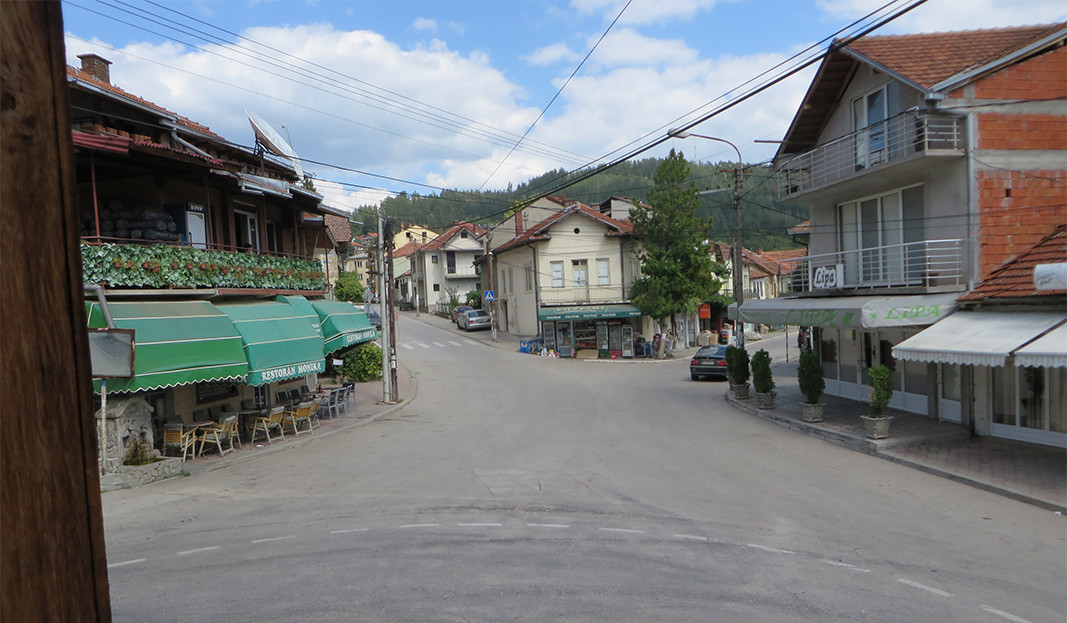
"The fact that Serbia and Bulgaria have always belonged to different geopolitical spaces makes it almost impossible to have a dialogue to solve the problems of the Bulgarian minority in a way that would ensure its survival and development within the Serbian state. In such conditions, the emerging prospects are not optimistic at all. The long-term historical processes of de-Bulgarization and depopulation of the Bulgarian regions in Serbia continue and are irreversible. They are also intensified by the process of migration from small settlements to large cities. Bulgarians from the Western Outlands, in their quest for a better life, are actively applying for Bulgarian citizenship. Young people often receive Bulgarian education and do not return to their home towns because they have no opportunities for realization. There is no functioning economy. Bulgarian business is not allowed to come. Serbian business has no interest in the region. International mining companies came, but they were attracted by the prospect of mining uncontrollably and leaving an extremely polluted environment and sick population. Currently, the Western Outlands are left with an ageing population, with a low birth rate and high mortality rate, which cannot ensure normal reproduction of the population.“ This is how the leader of the Bulgarian minority, who is living in Bosilegrad, described the parameters of the crisis.
Former Bulgarian Consul General in Niš, Assoc. Prof. Edvin Sugarev, delivered a 14-point report in which he described in detail the current state and the necessary steps to solve the problems of the Bulgarian minority in Serbia.
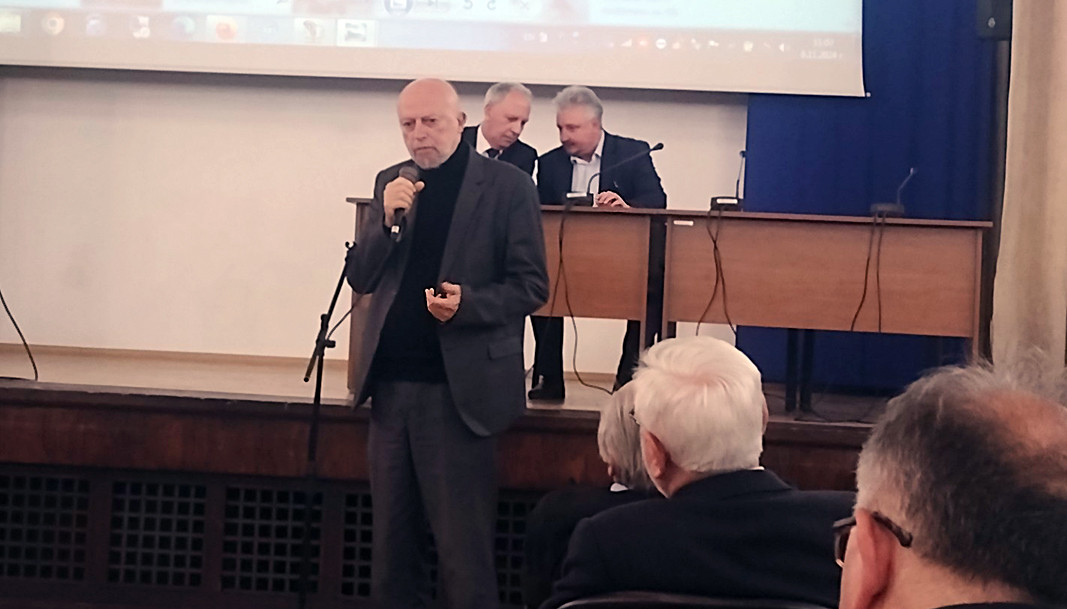
"If Serbia becomes part of the EU, one of the potential dangers for the Balkan Peninsula will disappear. But when you have a discriminated minority even when Bulgaria held the presidency of the Council of Europe and the accession of the Western Balkans in the EU was the main topic during this presidency, we could have said very clearly that we give support but only if our minority in Serbia also receives chance for a decent life. This was not done and this is one of the great sins Bulgaria has. Actually, the fact that whether Serbia would become a EU member depends on our vote is a very strong position. But at the same time there is one drawback - it is whether Serbia really wants to become a member of the EU or if it is only marking this position."
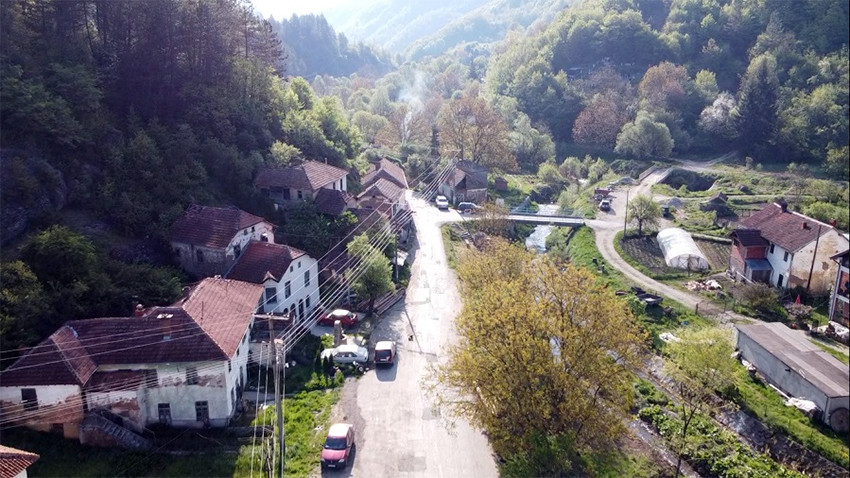
According to Ivan Nikolov, despite the active educational and cultural policy of Bulgarian institutions in the Western Outlands, "there is less awareness in the Bulgarian public space about the existence of the problems of Bulgarians in the Western Outlands". Hence the weak interest of Bulgarian political parties: "The Western Outlands cause does not bring votes in the elections. The decrease in the Bulgarian population in the Western Outlands reduces their importance and the interest of Bulgarian society in the region", Ivan Nikolov said in conclusion and with tears in his eyes shared his regret that he had to utter these words.
Publication in English: Al. Markov
Photos: Ivo Ivanov, aba.government.bg, glaspress.rs, BGNES, rtcaribrod.rs
Today, Bulgaria celebrates the 140th anniversary of the Unification of the Principality of Bulgaria and Eastern Rumelia. The center of the festivities is Plovdiv, where on this day in 1885, after the entry of the Golyamo Konare detachment into the..
In June 1878, after the 10 th Russo-Turkish war in a row, at the Berlin congress, the lands in the Balkans inhabited by Bulgarians were divided up into five. Northern Dobrudja was handed over to Romania. Serbia got the Sanjak of Niš. The lands..
The New Church Year begins on September 1. The month of September is the seventh month of the year according to the Jewish calendar. It is associated with a number of biblical events, which is why it was designated as the beginning of the Church New..
This summer, archaeologists once again breathed life into the legends woven into the rocks of Kaliakra . Among the ruins of the once..

+359 2 9336 661
